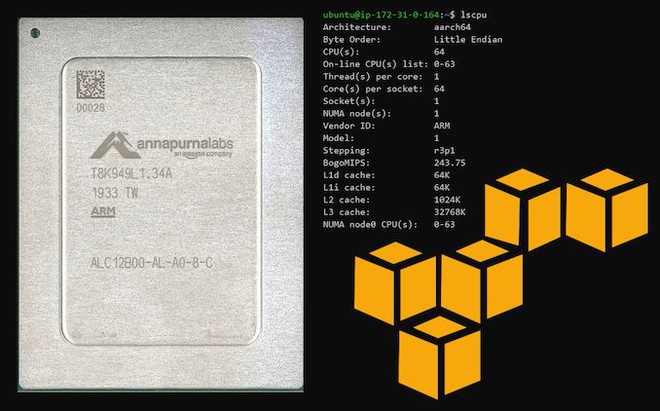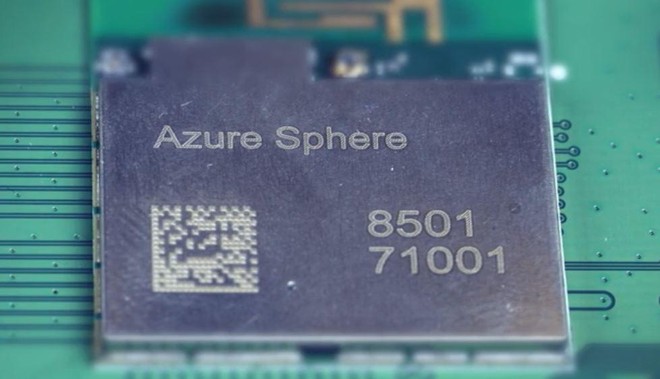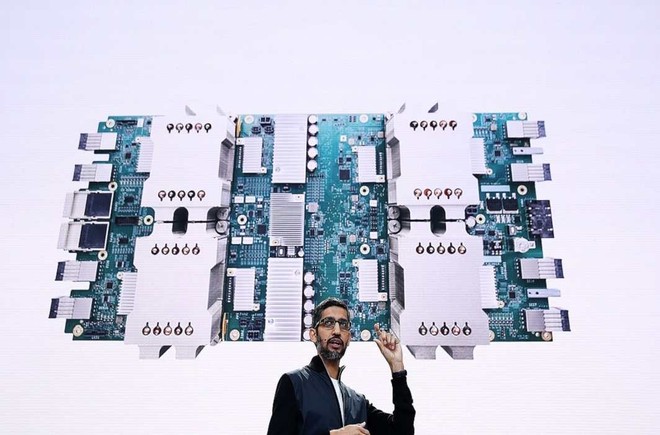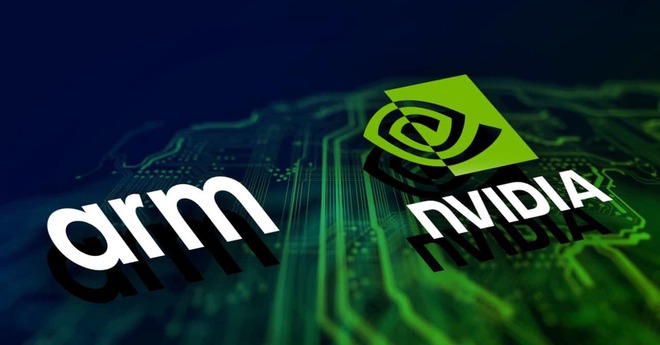These self-designed chips will bring unique benefits to the cloud services of the aforementioned companies.
Along with its transition from an online bookstore to a cloud giant, Amazon has also become one of the world’s largest buyers of chips for its data centers. As its cloud business grows even more, the company is taking its intention to design chips itself more seriously instead of buying them.
This transformation has affected not only Amazon’s business but also the semiconductor industry and threatened traditional chipmakers like Intel and AMD.
Amazon began broadcasting its intentions in 2015 when it acquired Annapuma Labs, a small Israeli chip designer. Since then, they have become increasingly active in developing chips for their own data centers.
“This work is fundamental – as we improve the hardware, everything that works gets better.” Nafea Bshara, co-founder of Annapuma and now vice president of Amazon Web Services, said. A good example of this is Smugmug, an online photo service running on AWS that displays billions of photos per day to users.
Smugmug said it has reduced AWS cloud costs by up to 40% since switching to instances running on Amazon’s in-house chips called Graviton. Amazon still relies on Intel chips for its data centers, but for customers using their own chips like Smugmug, Amazon charges up to 20% less. In addition, Smugmug also said that Amazon’s chips also save up to 20% in task time, significantly reducing the cost of processing calculations.
The rebirth of the semiconductor industry
Not only Amazon, Microsoft and Google are also developing their own dedicated chips. This trend partly shows how different today’s tech giants are from data center operators of the past, who lacked the resources to pour hundreds of millions of dollars into their own homes.
Moreover, it also reflects another technological change that is happening thanks to the popularity of smartphones. While Intel and AMD make data center chips with a priority on speed, mobile devices like smartphones need processors that use as little power as possible. As the demand for these devices increases dramatically, it has also prompted measures to improve the processing power of low-power chips and gradually reduce the performance gap with traditional processors at the center.
In addition, it is also becoming increasingly important to improve the levels of energy consumption. According to a report from Applied Materials, the world’s largest maker of chipmaking equipment, by 2025, data centers are expected to consume about 15% of the world’s electricity, an increase of about 2% from year after year. Therefore, maintaining low power consumption is now more important than cost savings for the data center operators themselves.
Like smartphone chips, low-power chips designed for the data center are also based on ARM designs. Amazon and Microsoft use ARM chips as the basis for their internal chip designs.
Amazon’s Graviton chips were initially only used on special occasions, but then evolved into the first ARM-based chip that could actually compete with Intel’s general-purpose chips in data centers.
“This is a renaissance in the semiconductor industry.” Mr. Jon Bathgate, an investor in NZS Capital, said. The chip market is no longer a double-coded race between Intel and AMD, but it is attracting many other giants.
As Amazon, Google and Microsoft seek customers in the cloud industry, the advantage of their chips becomes a selling point for their services. “It’s interesting to see these cloud service providers starting to differentiate themselves even more.”
Deal threatens chip industry
Like the current trend, none of these giants produce the chips they design themselves, instead rely on international supply chains, and also suffer from the impact of the translation of Covid-19. If this process continues to drag on, it will slow their growth and eat into profits.
This makes the acquisition of ARM by Nvidia Corp – also a designer of chips used in data centers – for the global tech industry and puts it on hold. Nvidia has pledged to maintain open access to ARM technology and said it has no intention of doing otherwise. Several ARM clients have expressed concerns that lawmakers may approve the deal.
Complaints have started to be filed, although they are still private, but Bloomberg News says Google, Microsoft and Qualcomm are among those companies.
The resurgence of the trend of self-designed chips could further reduce the cost of advanced products and disruptive innovations, to the benefit of most parties. To try to keep up with the trend, Intel acquired AI chip design startups while dedicating separate resources to improve the energy efficiency of cloud computing products, as well as to provide customizable features designed for larger customers.
But Mr. Bathgate of the NZS said Intel will struggle to maintain its position. “This is an existing problem for Intel.”






